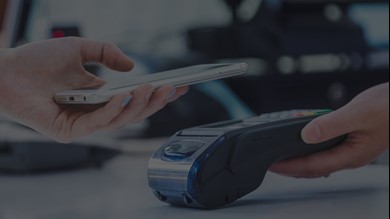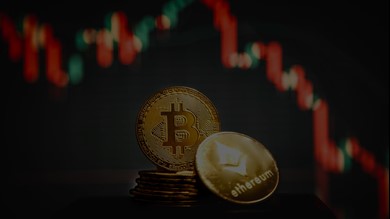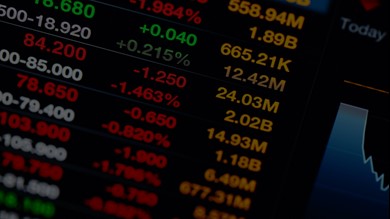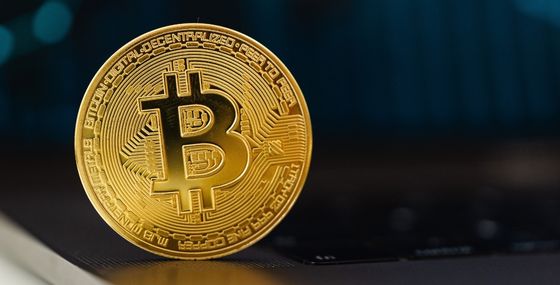The advent of Bitcoin and other cryptocurrencies, at a time when cash is beginning to vanish from many economies, means that we to think seriously about the future of money in a way that we have not before. Will we have one world currency? A galatic credit as in Star Wars or no money at all as in Star Trek? This talk explains, for the general audience, how the technology of money is changing and explores the “5Cs” who might create money in the future: commercial banks, central banks, cryptographers, companies and communities. The talk ends with some surprising but well-founded predictions about the coming era of digital money.
Digital Identity, not Digitsed Identity: On the internet, no-one knows if you are a dog, or a bot pretending to be a fridge masquerading as a dog.
We don’t seem to be making much progress on identity. If anything, we’re going backwards. Identity theft and fraud are out of control. As the noted internet security expert Bruce Schneier has said, anything connected to the internet can be hacked, and everything is connected to the internet, therefore everything can be hacked. We need digital identities not only for people and companies but for things too: cars and bots and pacemakers and buildings and… everything. David sets out a model for digital identity that will help managers, technologists and others come together with a real understanding what digital identity is and how it can be used to deliver new ways of working, new lines of business and new opportunities for stakeholders.
Open Banking and its Discontents: Competitive Strategies and Asymmetry
Open banking is big, big news this year. With the second Payment Services Directive (PSD2) coming into force in September 2019, consumers will be able to grant companies direct access to their bank accounts. In this environment, banks need effective competitive strategies that include immediate tactical actions to prepare to survive. This talk explores three key strategic responses available to banks and other financial institutions and looks at the competitive landscape that they will find themselves in. (Optional) Has Europe made a big mistake here though? Forcing banks to open up creates a far from level playing field in which the internet giants will gain access to banks’ “Crown Jewels” with no reciprocal requirement to share their data. This has only one outcome: banks as heavily regulated, low margin pipes. Is that actually the best outcome for consumers or society in general?
Biometrics, Blockchains & Bolts
What will Tech really do to Finance?Even well-informed people do not understand what it is, how it works or what it is for. This talk explains, using a tried-and-tested model for management and decision-makers, just what a “shared ledger” is, why blockchain is only one way to build it, why “smart” “contracts” are neither and why most applications of the blockchain that are discussed endlessly by consultants at conferences are stupid. It then goes on to explain why one particular use of shared ledgers - tokens - means the evolution of new, liquid markets for assets that will change the financial sector for good.





































